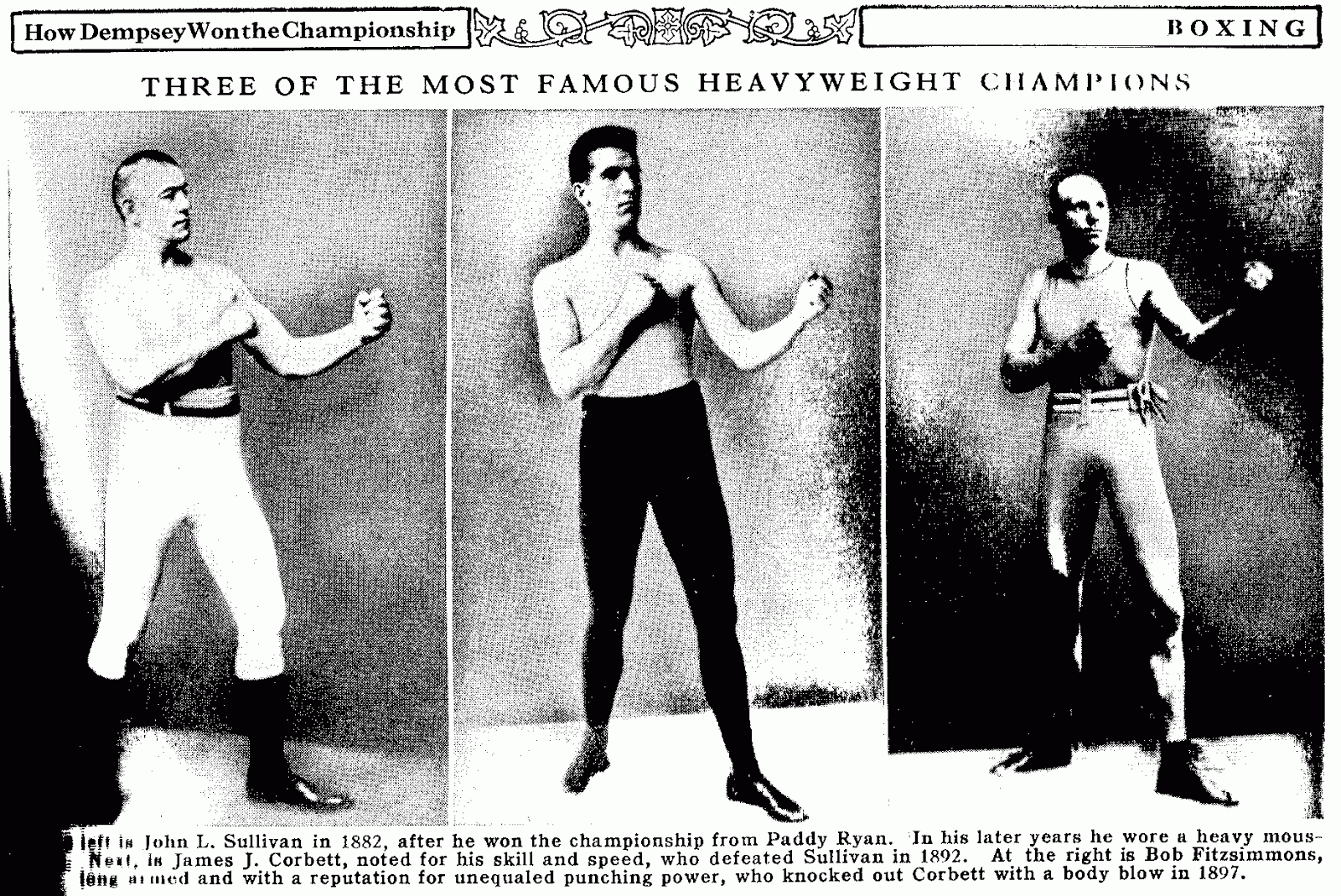There are many, many documentaries by and about strippers. The most interesting facet of their profession is the labor exploitation. The psychological exploitation isn't something the women seem to cite very often, but the labor conditions would have Samuel Gompers calling out his guys. Watch any documentary on the job, and you'll come to the conclusion that the women are stolen from, subjected to poor conditions, and encouraged to spend all of the money they make on dangerous surgeries.
As for prostitutes, the subject is endlessly complicated from a labor point of view. Even the issue of trafficking turns out to be complex, as the numbers of women enacting a "Lilya 4-Ever" scenario are probably low. (Even one is too high a number.) However, again, the women face economic exploitation that leaves them constantly having to work more to obtain the big payday they can see just over the horizon.
For a while, Salon.com was a cutting edge left wing political site. Then it became a click-bait site, where every article was written by Tracy Clark-Flory. "Ten Things about 'Divergent' that Related to My Lesbianism" and "Sex Toys and Me" and "Gender Equality and My Girlfriend" and on and on and on -- every piece was, "And how this totes relates to me! I'm amazingly hip! I like sex. With girls!" Now, Salon is trying to be a left wing political site with writers again, although designed as if every person on the Internet were either blind or color blind and viewing things on a 3" screen. (Don't get me wrong, "Miracle Pasta Recipe as a Hipster Lesbian" articles still run every day.)
All along, Salon has had a "sex positive" feminism. (That means, for people who like to reduce long arguments to clickable bylines, that it is a feminism that embraces sexual pleasure as a right and believes that it is good to discuss desire and set out sexual norms that avoid shame.) They ran, back in 2003 or so, a series from a Washington call girl. They also ran a story from a woman who was a prostitute in Cuba for a while. Both women attested to the same thing: the body takes over, and there is a bit of pleasure that's simply due to wiring, and they lost intimacy. "Intimacy," according to biochemists, is oxytocin. According to everyone else, it is a bond and closeness that follows a sexual encounter that is often the best part. Sex workers stop having that, and they report difficulties in achieving it with their mates, if they are married.
There is a movie available on Netflix that I cannot hiss enough. It's called "Whore's Glory" in English, and it's only accidentally good. The German film maker gets credited for sympathy for the women, but I saw none. I saw, instead, a voyeuristic impulse that controlled the film so that the narrative simply had to lead to some on-campus intercourse. While the documentarian was chasing down the most degraded red light districts in the world, he let the prostitutes themselves talk about whatever they talked about, and the extremely young girls in India made a case against their dehumanization that is utterly shattering. For the most part, though, the women talk about how little money they're making, gossip about each other, and talk about Johns. Their attitudes toward men is as commercial, affectionless, and dry as it could possibly be.
A stripper in a documentary talked about how she came to see her breasts as an ATM. She would shake them around, and pull money out. Every man she saw on the street, she said, she thought of in terms of whether he would tip well or not. She had stopped dating, because she was convinced that every man she met went to strip clubs and was as bad as the customers who gave her tips, and whom she despised, every night. The prostitutes in "Whore's Glory" spoke of men either in idealistic terms -- the man who would be different, who would protect her, who would give her money -- or in terms of a cully.
Strippers can get tax deductions for their breast augmentation surgery. Silicone is the real drug of choice for the industry. Sex workers, despite what apologists say, have a correlative link with narcotic use.
To sex workers, people look like Johns or unicorns. To strippers, men look like suckers to be played. To cops. . . .
The NYCPD detective I knew was a great guy. However, he told me himself that he had had to learn to look at the world a new way. The world inside the force looked like a war against scumbags -- that's you and me -- and victims -- also you and me -- and people trying to keep them from doing their job -- also you and me. When you see bad people and hear lies all day, you expect every stranger to be a liar. When you live and die by the idea that, like the military, you're not "fighting for" an abstraction, but for the guy next to you, the loyalty you build means that of course the witness is lying about the other cop doing something bad.
The police have a natural psychological bias. See crummy people all day, and you'll start thinking all people are crummy. See violent people all day, and you'll assume everyone's violent.
The problem is that the police only get to enforce laws, and they have to tolerate annoying citizens. If they can't do their jobs without releasing information, without being protested, without freedom of assembly, then they can't do their jobs at all. Police who "must" get MRAPP's and Strykers and automatic weapons and LDAP's aren't police: they're paramilitaries.
The recruiting for police makes it seem like a W A R on crime. The SWAT gear and military surplus allows all of the police to go out with JSOC styled garb and point rifles at empty-handed protestors. It allows the police to say that the crowd are "f*cking animals." It seals the assumption (that the public is criminal -- an entire prison population waiting for booking) with the rituals of conquest (not occupation).
The old "war on drugs" gave us the legal abuses that glaze these affronts. The "no-knock warrant," which is now served by SWAT teams, comes from the drug war. The roving wire tap comes from the drug war. The invention of SWAT itself comes from the drug war. However, all the heavy weaponry in local cops' hands comes from the 9/11 freakout. Someone thought that it was a great idea to put military junk in Wayback, Arkansas so that it could deter the Islamic invaders. Marry the "no knock" warrant and the SWAT with that stuff, and you've got Ferguson, almost.
If strippers need breast augmentations ad infinitum and sex workers look for central nervous system depressants, then what of the Valiant Watchmen on the Wall? It's possible to see the behaviors that we've seen across America in the last five years without a widespread drug problem among the police, but, as long as we're making SNAP recipients pee in a cup, making school teachers pee in a cup, making parolees pee in a cup, why not ask the local police to be screened for anabolic steroids and testosterone supplements? It's only fair. We do, after all, want to arrest any law breakers.






 I
I